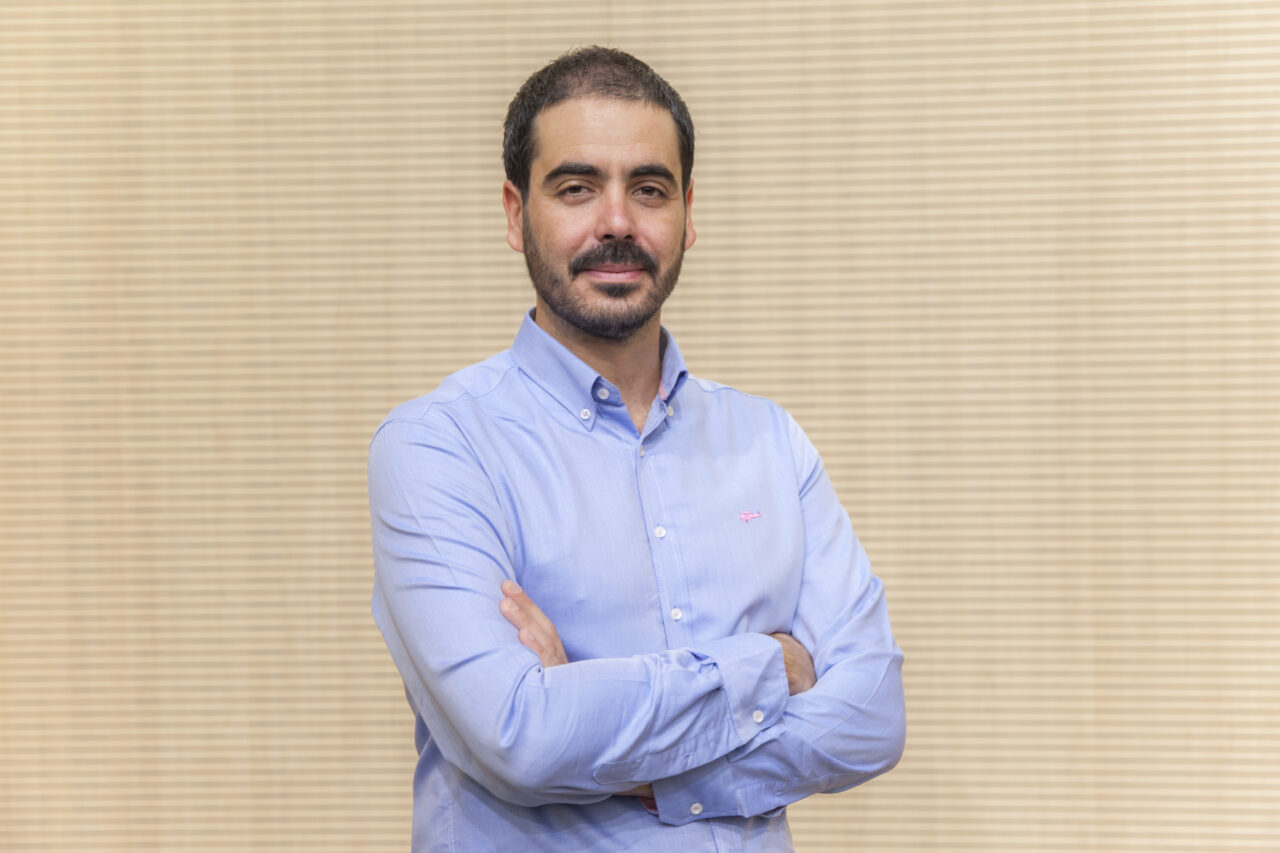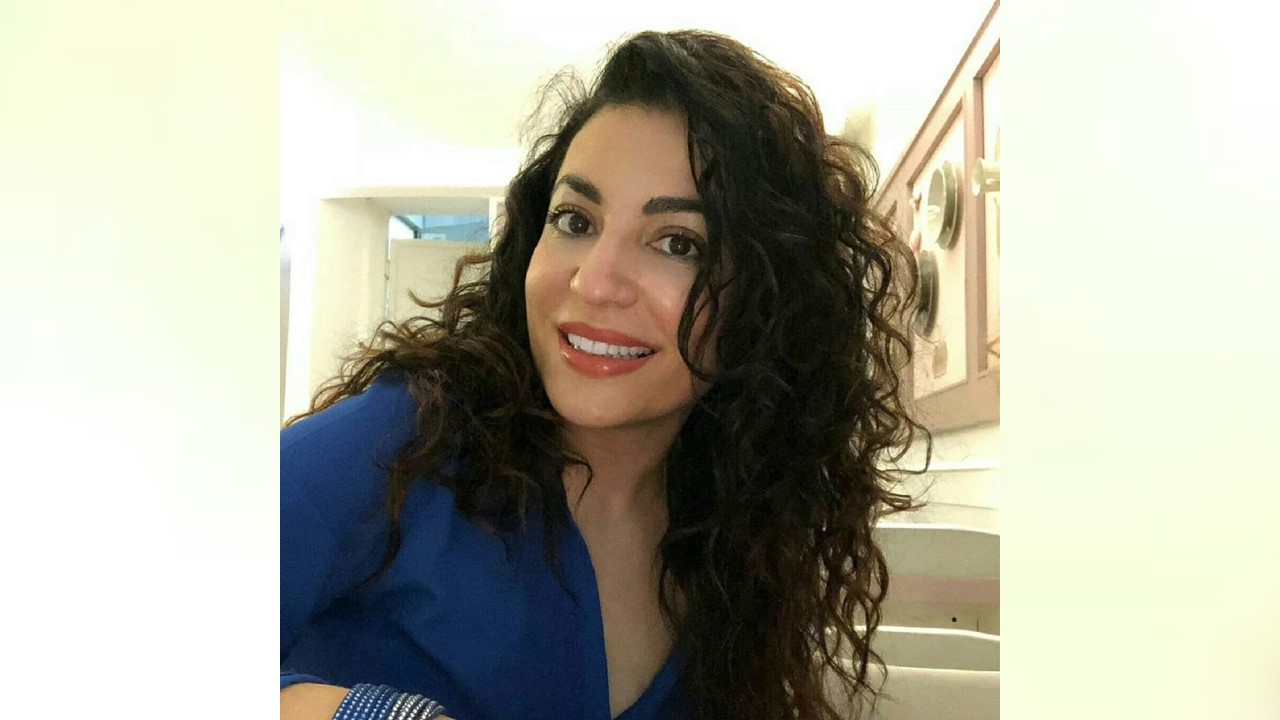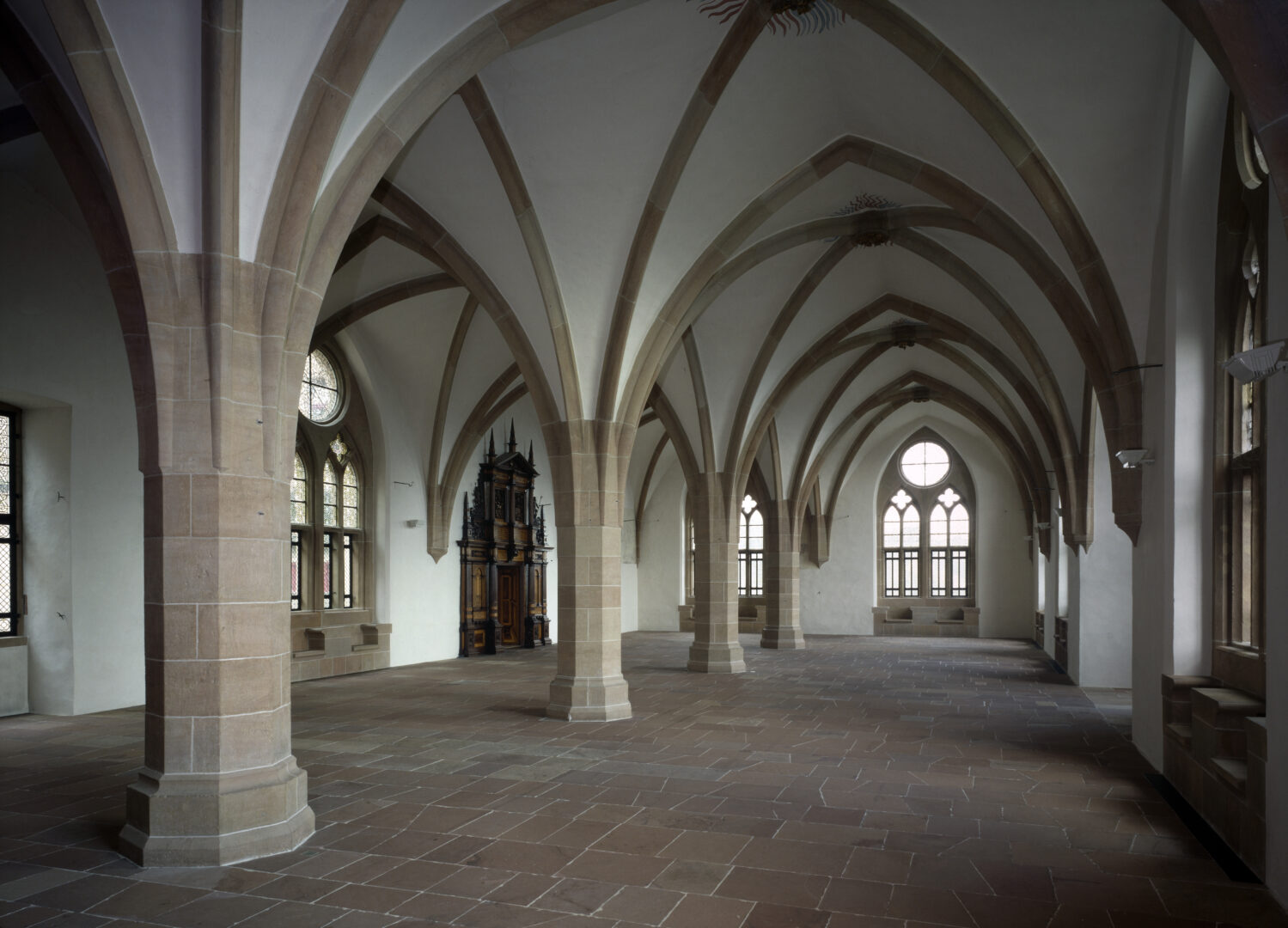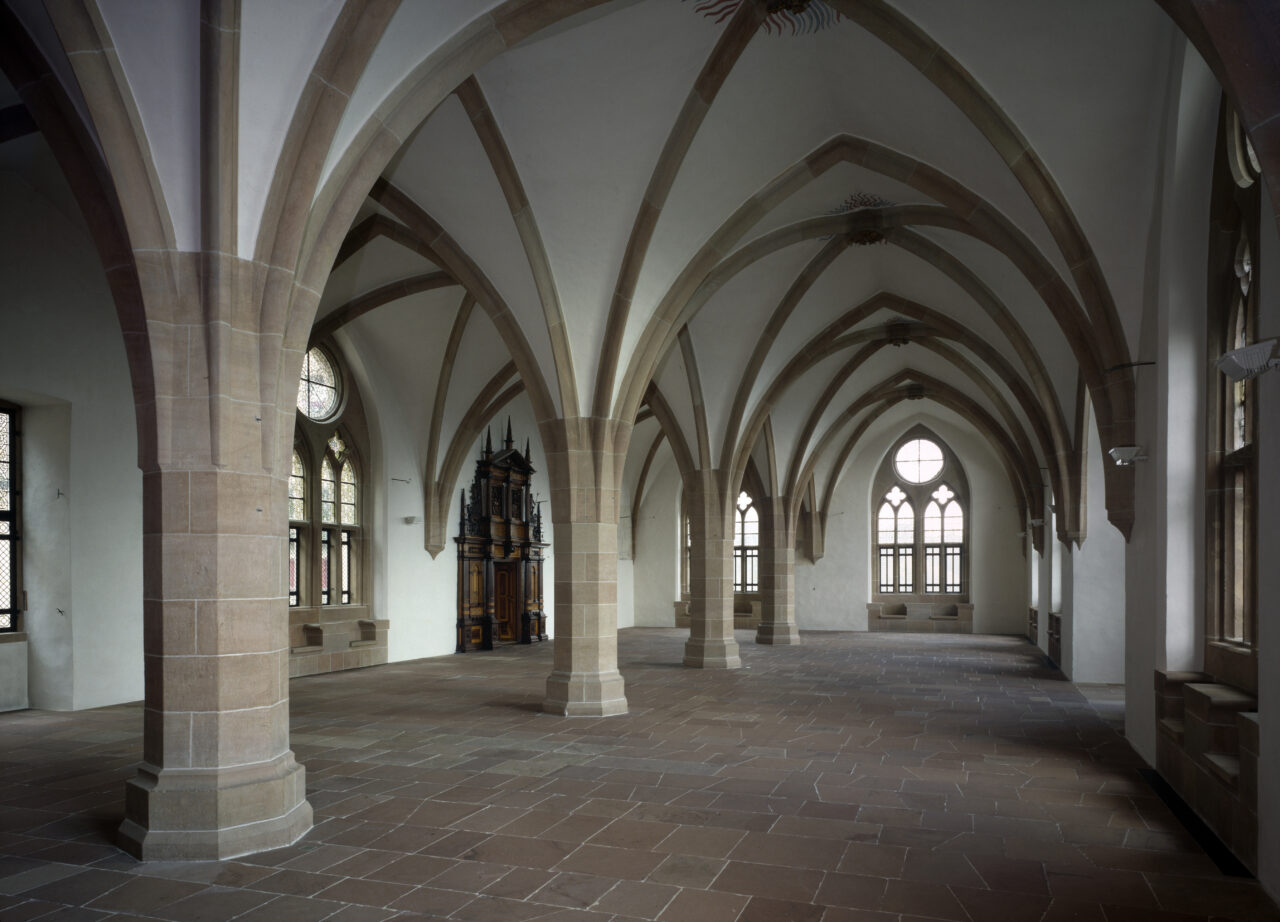Goals of the Hub
The Research Hub Security and Conflict Transformation combines the strengths of the partners in the Alliance in order to strengthen research in the interdisciplinary field of peace, conflict and security studies. The aim is to develop an integrative research approach that relates to all stages of the conflict cycle and extends from conflict prevention and structural security to the escalation of conflicts and policies of intervention, post-conflict conflict transformation and dealing with past human rights abuses. It is based on an understanding of peace and security that goes beyond the absence of violence and recognises justice and inclusivity as central conditions for the sustainable, non-violent resolution of conflicts. An important goal is to support the career development of early career researchers in the field of peace, conflict and security research and to develop and offer joint training programmes in an interdisciplinary research context. Special emphasis is placed on innovative methods and research designs. Together with relevant associated partners from the field of conflict transformation and conflict analysis, dialogues are organised with decision-makers and the wider European public. The research impact conferences also serve this purpose. In all these fields, the Research Hub aims to gain a better understanding of the current conflict dynamics with which Europe is confronted. This includes questions on international law as well as embedding current conflicts in the historical context of Europe’s development after the end of the Second World War and, of course, analysing current and future security challenges.
The Hub’s Activities
- Organise regular (blended/hybrid) interdisciplinary seminars, e.g. a research seminar on security and conflict transformation each semester
- Host the Research Impact Conference 2024: ‘Historicities of Security and Peace’ in Marburg from October 9-11
- Contribute to the implementation of the EUPeace Fellowship programme together with other Research Hubs
- Contribute to the establishment of an Early Career Network and EUPeace Doctoral Network together with other Research Hubs
- Organise workshops to identify and support innovative research-based teaching methods flowing back into teaching
- Support the creation of Creative Spaces – transdisciplinary think tanks for the development of innovative and creative ideas for the future and for the exchange between scientific disciplines
Current Activities
Here you can find a summary of the second research seminar organised by the EUPeace Research Hub ‘Security and Conflict Transformation’.
Contact
 © Prof. Mario López Areu
© Prof. Mario López Areu © Manuela Stranges
© Manuela StrangesSpeakers of the Hub
The Speaker of this hub is Mario López Areu (mlopeza@comillas.edu) from Comillas Pontifical University, Spain; Substitute Speaker is Manuela Stranges (manuela.stranges@unical.it) from the University of Calabria, Italy.
Members of the Hub
The members of the Research Hub come from all alliance partners and from various research disciplines. The Research Hub members combine their scholarly strength in order to organize the above-mentioned activities. The activities themselves are however open to members of the entire EUPeace Alliance, especially members of the EUPeace Early Career and Doctoral Networks, as well as to the wider public.
The Research Hub welcomes additional members from the alliance partners. Every researcher who is interested in joining the Hub can request membership by sending a CV to the Research Hub speakers, Mario López Areu and Manuela Stranges. The Research Hub will then decide on the membership request.
| University | Research Hub Member | Research Focus |
| Marburg (UMR) | Thorsten Bonacker | International Security; Transitional Justice; Postconflict Peacebuilding |
| Stefanie Bock | Criminal Justice; Transitional Justice; International and National Prosecution of International Crimes | |
| Ivo Züchner | Digitization; Cultural youth education; Youth participation | |
| Felix Anderl | Environmental conflicts; International Relations; Protest | |
| Miquel Pellicer | economic inequality, political inequality, political behavior | |
| Tijana Karić Zorić | peace and conflict studies; reconciliation; intergroup relations; intergroup threat; geopolitical attitudes; social identities; social representations | |
| Giessen (JLU) | Peter Haslinger | History of East Central Europe; Forced migration; Security and violence |
| Stefan Peters | Transitional Justice; Memory Studies; Peacebuilding | |
| Nicole Immig | History of South Eastern Europe and Turkey/Ottoman Empire; Migrations and Violence; Media and Digital Studies | |
| Andrea Gawrich | Strategies of environmental policy; External democratization policy; International organizations | |
| Limoges (UNILIM) | Pascal Plas | Contemporary conflicts; Transitional justice; Reconciliation processes and conflicts of memory |
| Calabria (UNICAL) | Carmelo Buscema | World-system; Cooperation; Resistance |
| Giorgio Giraudi | International relations; Populism; European integration | |
| Manuela Stranges | Demography, Migration, Refugees | |
| Claudio Di Turi | General international law; International economic, social and cultural rights; The use of force | |
| Domenico De Giovanni | Agieing, Pensions System, Insurance | |
| Comillas (COMILLAS) | Jose Luis Rey Pérez | Right to Peace; Democracy and Conflict; Rule of Law |
| Irene Claro Quintans | Refugee and immigration law; Migrant minors | |
| Adam David Dubin | Human rights; Socio-economic and civil and political rights; | |
| Women, LGBTQIA+, Africa | ||
| Mario López Areu | Theories of power; Non-violence; South Asia | |
| Daniela Ileana Serban | Security-development nexus; EU policies; Global governance | |
| Pilsen (UWB) | Petr Jurek | politics in the European Union and North America, environmental policy, municipal policy |
| Miroslav Plundrich | Non-state armed actors; Security studies; U.S. in World Affairs | |
| Mostar (SUM) | Ema Vrdoljak | Violent right wing extremism; Counter-terrorism and human rights; The media and security sector |
| Çukurova (CU) | Aslı Ilgıt | Critical security studies; Emotions; Migration |
| Harun Arıkan | EU-Turkey Relations; Turkish Foreign Policy; Eastern Mediterranean Security | |
| Burcu Sarı Karademir | Critical Security Studies, Feminist Foreign Policy, Gender, Development, and Resilience | |
| Marella Bodur Ün | International Norms; Gender and Politics; Social Movements; Postcolonialism; Women, Peace and Security | |
| Sarajevo (UNSA) | Sarina Bakić | Sociology of culture; Politics and aesthetics; Intercultural dialogue; Cultural Diplomacy |
| Melina Sadiković | Cultural Memory; Cultural History; Postwar and (Post-)Communist Societies; Peace Education; Representation | |
| Selma Ćosić | Security and Peace studies; Gender studies (Gender equality in the Security system, Gender, Peace and Security); Democratic supervision and the control of the Security system | |
| Enita Čustović | Nonviolent communication; Assertive communication; Media and information literacy (disinformation, sources of information); Rhetoric and speech culture (dialogue culture and conflict resolution); Political communication and crisis communication | |
| Sead Turčalo | Critical Geopolitics; Geopolitics of the Western Balkans; Strategic Autonomy of Small States; Euro-Atlantic Security Architecture; Russian Influence and Hybrid Threats |
The Doctoral Group Security and Conflict Transformation
Within the framework of the EUPeace Doctoral Network, a doctoral group has formed that aligns with the Research Hub’s interdisciplinary research field. The Doctoral Group has elected Denys Tkachov (University of Limoges) as its speaker and Mehmood Ali Khan (Marburg University) as its co-speaker.
The members of the Doctoral Group are:
| University | Doctoral Group Member |
| Marburg (UMR) | Matai Yosef Ben |
| Hani Assaf | |
| Linda Wendsche | |
| Amalía Nestoris | |
| Mehmood Ali Khan | |
| Johannes Gehrig | |
| Laura Stritzke | |
| Jose Salguero | |
| Giessen (JLU) | Kristoffer Burck |
| Henning Tauche | |
| Anna Ivanova | |
| Vanessa Wagner | |
| Limoges (UNILIM) | Denys Tkachov |
| Comillas (COMILLAS) | Marta Molina Urosa |
| Bernardo Rios | |
| Laura Barroso Gonzalo | |
| Pilsen (UWB) | Ondřej Vozňák |
| Mostar (SUM) | Ema Vrdoljak |
| Çukurova (CU) | Taha Kalaycı |
| Fadime Kar Akyol | |
| Veli Can Çelik | |
| Sarajevo (UNSA) | Mustafa Mujkić |
| Remzija Islamagic | |
| Anesa Omanovic | |
| Lejla Salihagić Batrićević | |
| Kenan Idrizaj | |
| Umihana Mahmić | |
| Tihomir Frigan | |
| Fatima Mahmutović |

